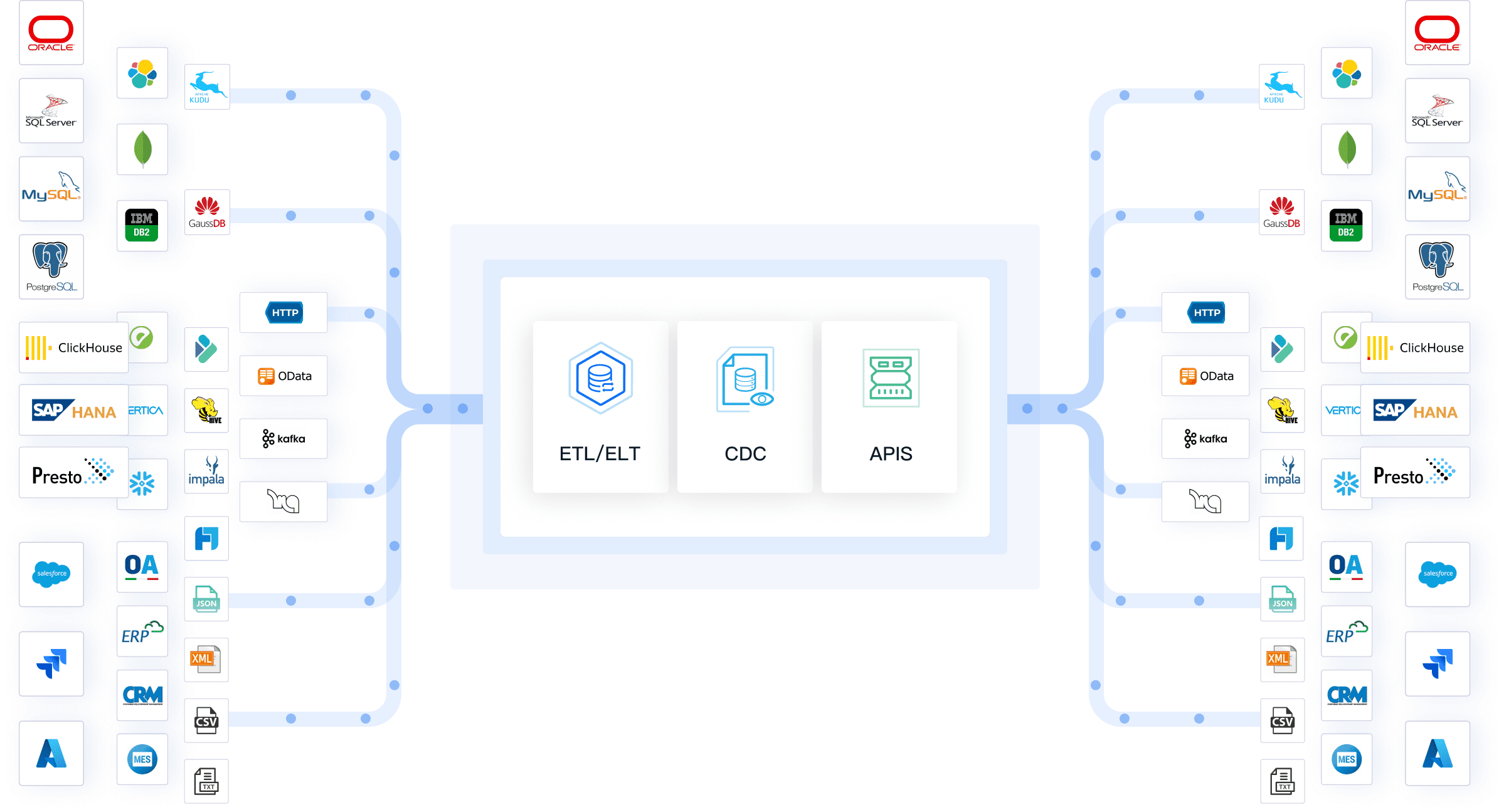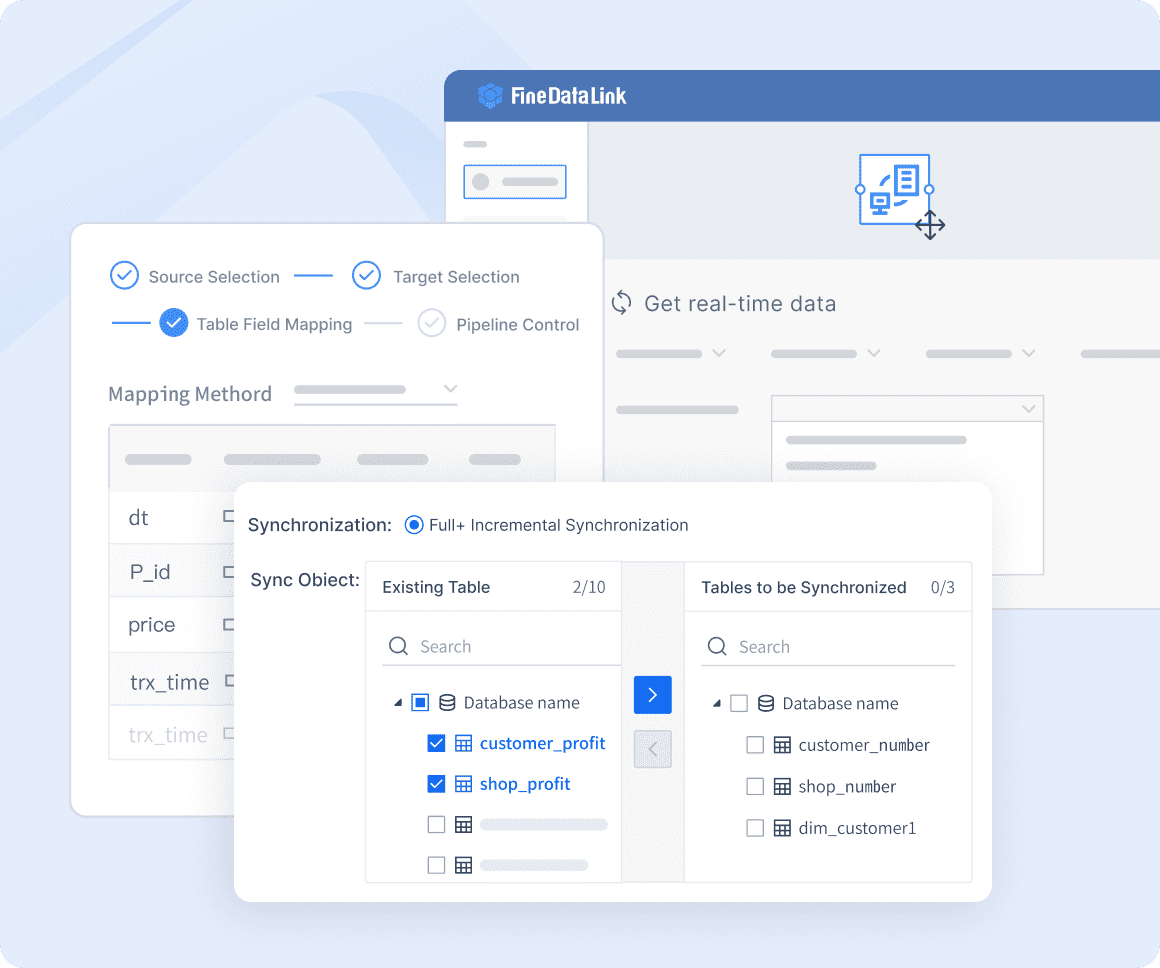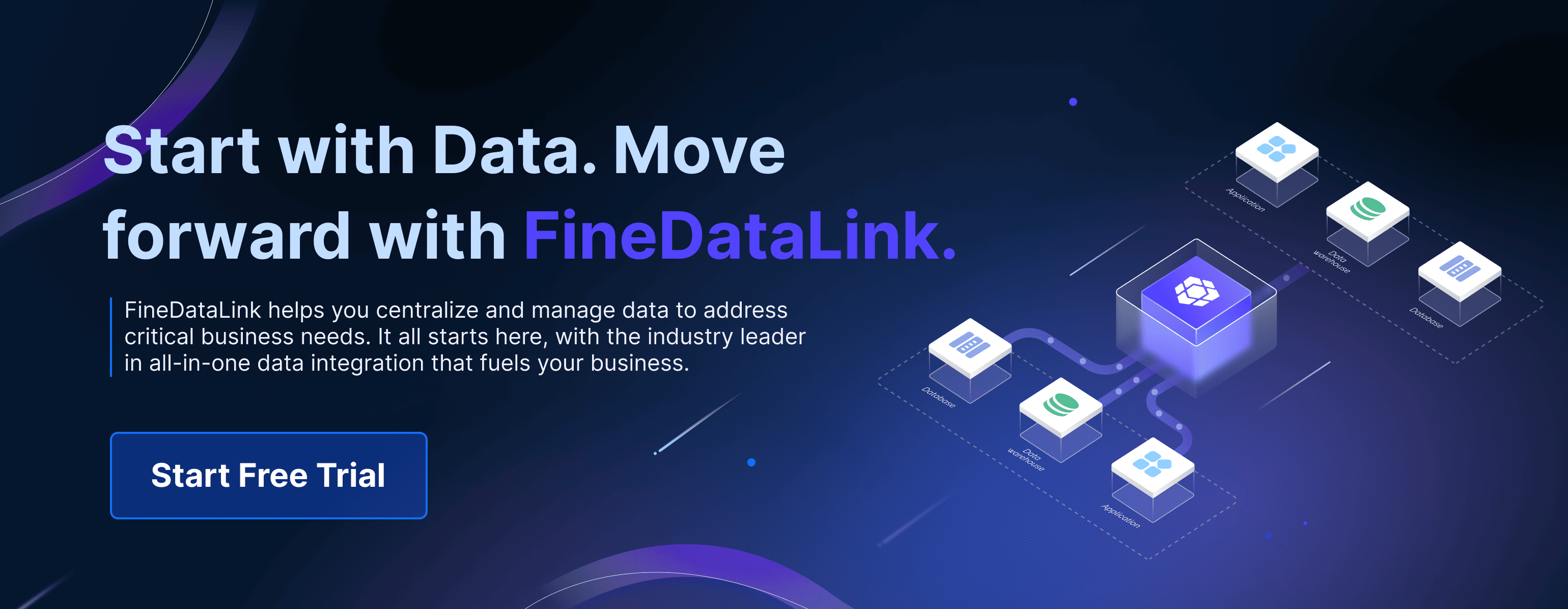

Data archiving involves moving inactive data to long-term storage, ensuring its preservation and accessibility when needed. This process has become essential due to the exponential increase in data quantities. For businesses, data archiving helps manage data growth, comply with legal requirements, and reduce primary storage costs. Individuals benefit by safeguarding personal information and maintaining digital memories. As much as 30 to 35 percent of enterprise data is rarely accessed, highlighting the importance of archiving for efficient data management. By protecting older information, data archiving supports both operational efficiency and data security.
What is Data Archiving?
Definition of Data Archiving
Data archiving refers to the systematic process of storing data for long-term retention. Organizations often move inactive data to separate storage systems, ensuring that it remains accessible when needed. This practice helps manage large volumes of information efficiently. By preserving data, businesses can maintain historical records and comply with regulatory requirements. Data archiving focuses on safeguarding data for future reference, making it a strategic necessity for many enterprises.
Purpose of Data Archiving
The primary purpose of data archiving is to retain information that might be necessary in the future. Organizations benefit from this process in several ways:
- Cost Savings: By moving inactive data to less expensive storage solutions, companies can reduce costs associated with primary storage systems.
- Improved Efficiency: Data archiving frees up resources, allowing active data to perform optimally. This enhances overall operational efficiency.
- Enhanced Security: Storing data securely protects it from unauthorized access and potential breaches.
- Regulatory Compliance: Many industries, such as finance and healthcare, require data archiving to comply with regulations like HIPAA. This ensures that organizations avoid fines and legal consequences.
Data archiving also supports easy sharing and long-term storage, aligning with university and funder data policies. By implementing effective data archiving strategies, businesses can safeguard their information while optimizing resources.
Why Data Archiving Matters
Importance of Data Archiving for Businesses
Data archiving plays a pivotal role in the business world. Companies generate vast amounts of data daily, and managing this data efficiently becomes crucial. By implementing data archiving, businesses can move infrequently accessed yet important data from primary storage systems to secondary storage systems. This practice not only optimizes storage resources but also ensures that data remains accessible when needed.
"Effective data archiving is becoming a must for all businesses," states an expert in the field. As companies expand their data collection, they must develop efficient ways to maintain data that is rarely accessed but must be kept.
Businesses benefit from data archiving in several ways:
- Cost Efficiency: By transferring inactive data to less expensive storage solutions, companies can significantly reduce costs associated with primary storage.
- Regulatory Compliance: Many industries require data archiving to comply with regulations. This ensures that businesses avoid legal consequences and maintain data integrity.
- Operational Efficiency: Data archiving frees up resources, allowing active data to perform optimally. This enhances overall operational efficiency and speeds up response times.
In essence, data archiving is not just about storing data; it's about storing it efficiently and securely, aligning with business needs.
Importance of Data Archiving for Individuals
For individuals, data archiving holds significant value. Personal data, such as photos, documents, and emails, often accumulate over time. Archiving this data ensures its preservation and accessibility for future reference. Individuals can safeguard their digital memories and important information through effective data archiving.
Key benefits for individuals include:
- Data Preservation: Archiving helps preserve personal data, ensuring that cherished memories and important documents remain intact over time.
- Security: By storing data securely, individuals protect it from unauthorized access and potential breaches.
- Space Management: Data archiving frees up space on primary storage devices, allowing individuals to manage their digital assets more efficiently.
The Benefits of Data Archiving
Cost Savings
Data archiving offers significant cost savings for organizations. By moving inactive data to more affordable storage solutions, companies can reduce expenses associated with primary storage systems. This practice can cut storage costs by up to 50%. Businesses avoid the need to invest in additional infrastructure, such as building new storage facilities. Data archiving software further reduces costs by automatically eliminating unnecessary data, minimizing the administrative burden on IT teams. As a result, organizations can allocate resources more efficiently and focus on core business activities.
Compliance with Regulations
Data archiving plays a crucial role in ensuring regulatory compliance. Many industries, including finance and healthcare, have strict data retention policies. These regulations require organizations to maintain records for specific periods. Data archiving helps businesses meet these requirements by preserving data in a secure and organized manner. Companies can avoid legal consequences and fines by adhering to these regulations. Moreover, data archiving provides audit trails, which are essential for demonstrating compliance during inspections or audits.
Enhanced Data Security
Data archiving enhances data security by protecting information from unauthorized access and potential breaches. Archived data is stored in secure environments, reducing the risk of data loss or corruption. This practice ensures that sensitive information remains intact and accessible only to authorized personnel. By implementing robust data archiving strategies, organizations can safeguard their valuable data assets. Enhanced security measures also contribute to maintaining customer trust and protecting the company's reputation.
Data Archiving vs. Data Backup
Key Differences
Data archiving and data backup serve distinct purposes, though both involve storing data. Data archiving focuses on the long-term preservation of inactive data. This data, while not needed daily, holds value for historical reference, compliance, or future analysis. Archiving ensures that this information remains accessible over extended periods.
In contrast, data backup aims at short-term data recovery. It involves creating copies of active data to protect against loss due to system failures or accidental deletions. Backups are crucial for restoring data quickly in emergencies.
"Remember, an archive does not replace the need for a backup and vice versa," emphasizes a data management expert. Archives store data for long-term retention, while backups focus on immediate recovery needs.
When to Use Each
Organizations should use data archiving when they need to retain information for legal, compliance, or historical purposes. Archiving is ideal for data that is no longer actively used but must be preserved for future reference. This process helps manage storage resources efficiently by moving inactive data to less expensive storage solutions.
Data backup, on the other hand, is essential for protecting active data. Companies should implement regular backup routines to ensure quick recovery in case of data loss. Backups provide a safety net, allowing businesses to restore operations with minimal disruption.
Best Practices for Data Archiving
Assessing Data for Archiving
Organizations must first assess their data to determine what should be archived. This involves identifying inactive data that holds value for historical reference, compliance, or future analysis. IT professionals recommend involving all stakeholders in this process. Collaboration with legal advisers and compliance regulators ensures that the archiving strategy aligns with legal requirements and organizational goals. Regular assessments help maintain an efficient data archiving system.
Choosing the Right Archiving Solution
Selecting the appropriate archiving solution is crucial for effective data management. Businesses should consider factors such as storage capacity, security features, and ease of access. The chosen solution must support the organization's specific needs and integrate seamlessly with existing systems. By understanding the benefits of data archiving, companies can make informed decisions about implementing file archiving solutions. This optimization of storage resources enhances data accessibility and operational efficiency.
Regularly Reviewing Archived Data
Regular reviews of archived data ensure its relevance and accuracy. Organizations should establish a schedule for reviewing archived information, updating or purging data as necessary. This practice prevents the accumulation of obsolete data and maintains the integrity of the archive. IT professionals emphasize the importance of revisiting and revising archiving strategies regularly. By doing so, businesses can adapt to changing regulations and technological advancements, ensuring their data archiving practices remain effective and compliant.
FanRuan's Role in Data Archiving Solutions
Innovative Data Archiving Tools
FanRuan Software stands at the forefront of data archiving solutions. They offer a suite of innovative tools designed to meet the diverse needs of businesses. These tools ensure efficient data management and long-term preservation. By leveraging cutting-edge technology, FanRuan enhances data accessibility and security.

- Advanced Storage Solutions: FanRuan provides storage options that cater to various data types. Their solutions accommodate documents, emails, databases, images, and videos. This versatility ensures that businesses can archive all forms of data seamlessly.
- Scalable Infrastructure: FanRuan's tools support scalability. As businesses grow, their data archiving needs evolve. FanRuan's solutions expand to accommodate increasing data volumes without compromising performance.
- User-Friendly Interface: The intuitive design of FanRuan's tools simplifies the archiving process. Users can easily navigate the system, ensuring efficient data retrieval and management.
"FanRuan's commitment to innovation drives their development of state-of-the-art data archiving tools," says a technology expert. This dedication ensures that businesses can rely on FanRuan for robust and reliable solutions.
Customer-Centric Archiving Strategies
FanRuan places a strong emphasis on customer-centric strategies. They tailor their data archiving solutions to align with the specific needs of each client. This personalized approach ensures optimal results and customer satisfaction.

- Customized Solutions: FanRuan collaborates with clients to understand their unique requirements. They develop customized archiving strategies that address specific business challenges and goals.
- Ongoing Support: FanRuan offers continuous support to their clients. Their team of experts provides guidance and assistance throughout the implementation and maintenance of archiving solutions.
- Feedback-Driven Improvements: FanRuan values customer feedback. They use insights from clients to refine and enhance their products, ensuring that their solutions remain relevant and effective.
FanRuan's focus on customer-centricity sets them apart in the data archiving industry. By prioritizing client needs, they deliver solutions that drive success and foster long-term partnerships.
Common Challenges in Data Archiving
Data archiving presents several challenges that organizations must address to ensure effective data management. These challenges can impact the efficiency and reliability of archiving processes.
Data Retrieval Issues
Retrieving archived data can pose significant challenges. Organizations often struggle with determining which data to archive and how to classify it. This complexity arises because archived data is not as simple as placing papers in a digital or physical folder that is rarely viewed. Proper classification and indexing are crucial for efficient retrieval. Without these, finding specific data within vast archives becomes time-consuming and frustrating.
To overcome retrieval issues, organizations should implement robust indexing systems. These systems help categorize data accurately, making it easier to locate when needed. Regular training for employees on data retrieval processes also enhances efficiency.
Storage Costs
Storage costs represent another challenge in data archiving. As data volumes grow, the expense of storing inactive data increases. Organizations must balance the need for long-term data retention with budget constraints. High storage costs can strain resources, especially for businesses with limited budgets.
To manage storage costs effectively, companies should explore cost-efficient storage solutions. Cloud-based archiving offers scalable options that adjust to data growth without significant upfront investments. Additionally, regularly reviewing archived data helps identify obsolete information that can be purged, further reducing storage expenses.
Maintaining Data Integrity
Maintaining data integrity is essential for reliable data archiving. Archived data must remain accurate and unaltered over time. However, ensuring data integrity poses challenges due to potential corruption or unauthorized access. Organizations must implement stringent security measures to protect archived data from breaches and corruption.
Regular audits and checks help verify the integrity of archived data. Implementing encryption and access controls enhances security, ensuring that only authorized personnel can access sensitive information. By prioritizing data integrity, organizations can maintain trust in their archived data and ensure its reliability for future use.
Future Trends in Data Archiving
Cloud-Based Archiving Solutions
Cloud-based archiving solutions have emerged as a significant trend in data management. Organizations increasingly rely on cloud technology to store and manage their data. This shift offers several advantages:
- Scalability: Cloud solutions provide scalable storage options. Businesses can adjust their storage needs as data volumes grow, ensuring efficient data management without significant upfront investments.
- Cost-Effectiveness: Cloud-based archiving reduces the need for physical infrastructure. Companies save on costs related to hardware maintenance and upgrades.
- Accessibility: Cloud storage ensures that archived data remains accessible from anywhere. This feature supports remote work and collaboration, allowing teams to access necessary information without geographical constraints.
"Cloud-based archiving solutions offer a flexible and cost-effective approach to data management," notes a technology expert. As more organizations adopt cloud technology, they benefit from enhanced data accessibility and reduced operational costs.
Automation in Data Archiving
Automation plays a crucial role in the future of data archiving. As data volumes continue to grow, manual data management becomes impractical. Automation addresses this challenge by streamlining archiving processes:
- Efficiency: Automated systems handle large volumes of data quickly and accurately. They reduce the administrative burden on IT teams, allowing them to focus on strategic tasks.
- Accuracy: Automation minimizes human error in data classification and retrieval. It ensures that data is archived correctly and remains easily accessible.
- Consistency: Automated processes maintain consistent archiving practices. They ensure that data is stored according to predefined criteria, supporting compliance with regulatory requirements.
"Automation and AI represent the future of data archiving," states an industry analyst. By leveraging these technologies, organizations can enhance their data management capabilities and ensure long-term data integrity.
Data archiving plays a vital role in preserving valuable information and optimizing storage resources. It ensures compliance with regulatory requirements and supports long-term data retention. By implementing effective data archiving strategies, organizations can achieve cost savings and enhance data security. Best practices include assessing data for archiving, choosing the right solutions, and regularly reviewing archived data. A strategic approach to data archiving fosters long-term success. FanRuan remains committed to providing cutting-edge data archiving solutions, empowering businesses to manage their data efficiently and securely.
FAQ
Data archiving involves storing inactive data for long-term retention. It ensures that information remains accessible for future reference. Data backup, however, focuses on creating copies of active data for short-term recovery. Backups protect against data loss due to system failures or accidental deletions.
Businesses benefit from data archiving in several ways:
Cost Efficiency: Archiving reduces expenses by moving inactive data to less expensive storage solutions.
Regulatory Compliance: Many industries require data archiving to meet legal requirements.
Operational Efficiency: Archiving optimizes storage resources, allowing active data to perform better.
Data archiving enhances security by storing information in secure environments. This practice protects data from unauthorized access and potential breaches. Organizations implement encryption and access controls to safeguard archived data.
Organizations can archive various data types, including:
Regular reviews of archived data maintain its relevance and accuracy. Organizations should establish a schedule for reviewing archived information. This practice prevents the accumulation of obsolete data and ensures compliance with changing regulations.
Automation streamlines archiving processes by handling large volumes of data quickly and accurately. It reduces human error and maintains consistent archiving practices. Automation supports compliance with regulatory requirements and enhances data management capabilities.
Individuals benefit from data archiving by preserving personal data, such as photos and documents. Archiving ensures that cherished memories and important information remain intact over time. It also frees up space on primary storage devices, allowing efficient digital asset management.
Organizations encounter challenges such as:
Continue Reading About Data Archiving
10 Game-Changing Project Management Reporting Types!
Unlock project success with 10 must-know reporting types! Track progress, manage risks, and stay on budget like a pro.
Lewis
Mar 03, 2025
10 Must-Have Marketing Agency Reporting Tools for Your Success
Optimize your agency's performance with top reporting tools. Explore analytics, social media, SEO, and more for data-driven decisions and efficiency.
Lewis
Oct 09, 2024
15 Best Software Reporting Tools for 2025
Explore the top 15 software reporting tools for 2025. Compare features, pricing, and usability to find the best fit for your business needs.
Lewis
Oct 08, 2024
2025 Best Data Integration Solutions and Selection Guide
Explore top data integration solutions for 2025, enhancing data management and operational efficiency with leading platforms like Fivetran and Talend.
Howard
Dec 19, 2024
2025 Data Pipeline Examples: Learn & Master with Ease!
Unlock 2025’s Data Pipeline Examples! Discover how they automate data flow, boost quality, and deliver real-time insights for smarter business decisions.
Howard
Feb 24, 2025
2025's Best Data Validation Tools: Top 7 Picks
Explore the top 7 data validation tools of 2025, featuring key features, benefits, user experiences, and pricing to ensure accurate and reliable data.
Howard
Aug 09, 2024



